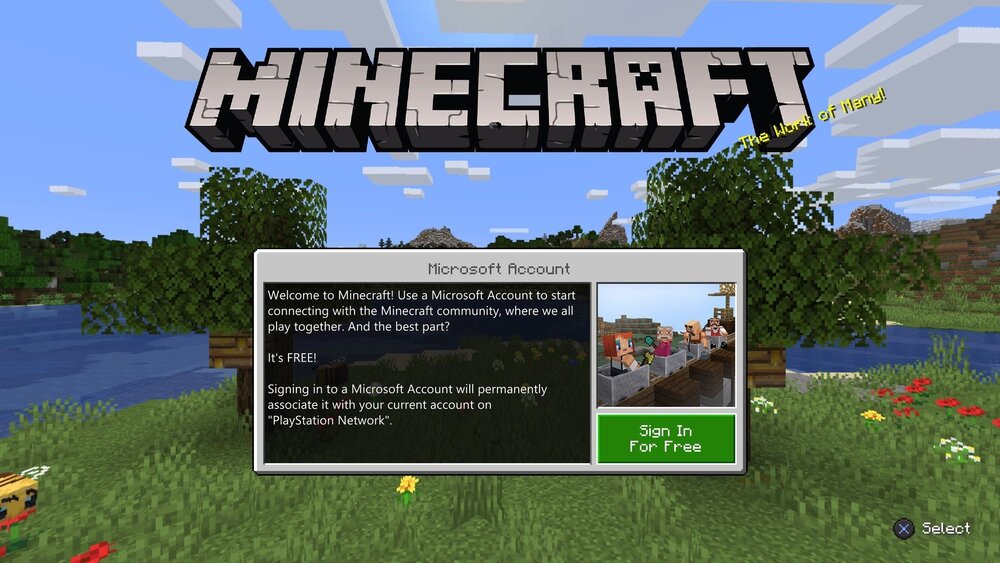Building your own WordPress theme or website from scratch can be an interesting process, but it’s not necessarily the best use of your time. If you don’t have any experience coding with PHP, you may want to consider outsourcing that project to someone who has the skills and expertise to build exactly what you’re looking for. This guide will help you better understand what to look for in an outsourced project and how to ensure that both parties are satisfied with the final product.
What Is Outsourcing?
Outsourcing is where you outsource a task or project to a service provider. This might include writing code, content creation or just helping with general business tasks. You’ll be able to focus on what you do best and not worry about having your hands tied up working on other areas of your business.
Whether you’re an established business looking for help or someone who’s just starting out, it can be very beneficial in saving time, energy and money when hiring outside help. Outsourcing can help increase your productivity and help kick-start ideas so that you can start focusing on growing your business.
-
Know Your Requirements
Before you start looking for someone to outsource your project, you need to know what your requirements are. This step can be overwhelming, so it’s worth considering some factors that will help you pinpoint your needs.
- Do you have a rough idea of how much time or money you want to spend?
- How long do you want development to take?
- What type of functionality are you expecting?
- Are there any non-negotiable requirements?
If so, make sure that these requirements aren’t hindering your ability to find high-quality developers who will work with your budget and timeframe.
-
Ensure Clarity of the Job Description
An important step to outsourcing successfully is providing a clear job description for the developer. Make sure you know exactly what you want before you outsource it. Be precise about the features of your website and the results you’re expecting from the project.
This will help make sure that every part of your site gets covered in its development, including things like usability and mobile responsiveness, as well as keeping tabs on cost expectations. If a developer isn’t able to get clarity from an unclear job description, they should not take on the project – or at least decline immediately if there are missing details preventing them from doing so effectively.
-
Ensure Open Communication
Outsourcing can be extremely beneficial if you’re willing to let someone else do what they’re good at while you focus on your strengths. At times, outsourcing can prove difficult if you are not managing it effectively.
Open communication is key here. You need to be clear with your expectations and it is recommended that there is a direct link between project managers/developers and yourself so that there are no misunderstandings as a result of miscommunication or vague feedback.
-
Take Measured Steps
When outsourcing, it’s easy to want to take big steps. But remember that developing and maintaining a good relationship with a freelancer will allow you both to do your best work. So before you dive in, it’s important that you outline exactly what type of project you’re hiring for and get as much information from your prospective outsourcer as possible.
Some things you should be aware of are: what they’ve done, how they’ll be working with clients, how they expect payment & milestones are structured and their method of communication (both written and verbal). Make sure there are no holes in their process.
-
Break Projects into Tasks
One of your most important jobs as a client is to break large projects into digestible, manageable tasks. This will help you budget for each task, keep track of what needs to be done, and ultimately ensure that your project gets completed according to your specifications.
After all, if someone else is building something for you, it’s in both of your best interests that they deliver exactly what you want and how you want it. By breaking projects into individual tasks with specific goals and due dates, you can effectively stay on top of each stage of development. In turn, your freelancer will also be able to effectively manage multiple projects at once.
-
Maintenance is Vital
Few things will hinder your development progress more than a broken theme or plugin. Don’t be intimidated by maintenance, however; it doesn’t have to mean you spend countless hours searching through code. Use tools like VaultPress, which can help maintain your site with an automated backup process.
On top of that, security is a vital part of development and maintenance. If you don’t keep up with regular patches and updates, hackers could find holes in your code and exploit them—and you may not even know about it for months. Patching is often viewed as tedious work by developers, but taking care of your website is essential for its ongoing growth and success.
-
Choose the Right Agency or Freelancer
Freelancers and agencies are incredibly useful in the WordPress community. Both have strengths that can help you create a better website or business. The key is choosing the right one for your project. To get started, ask yourself these questions:
1) Do I want a dedicated resource or one who provides time based on workload?
2) Can I find someone with the right skills and experience or do I need an expert?
3) Do I want a contract or would hourly/daily billing work best for me?
4) Will they give me 24/7 access to my WP site if needed?
5) Do they have access to developers that fit my budget range?
If you answered yes to most of these questions, you’re off to a good start.
Conclusion
It is not hard to find a WordPress developer for your project. However, it is important that you hire a WordPress developer with whom you can develop long-term relationships for future projects. You need someone who takes ownership of their work and remains in communication with you throughout your project. Once you’ve hired a team and started working together, continue communicating regularly and getting things in writing. It might take some time, but if you follow these steps when outsourcing your WordPress development projects you’ll be much better off down the road.






